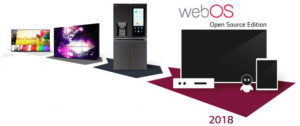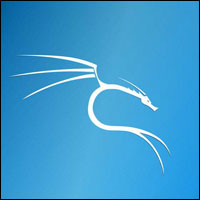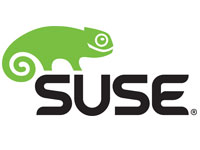
Docker on Wednesday announced that it will spin out containerd, a key component of its Docker Engine, for open source use.
Containerd will provide an open, stable and extensible base for building non-Docker products and container solutions, the company said.
Some of the top cloud providers, including Alibaba Cloud, Amazon Web Services, Google, IBM and Microsoft, have committed to making contributions to the project, according to Docker, giving it instant credibility within the community.
Containerd enables low-level local storage, container execution and supervision, and the transferring of container images and network interfaces across Linux and Windows. It fully leverages the Open Container Initiative’s runtime, image format specifications and OCI reference implementation, said the company, and it will pursue OCI certification.
Docker will donate containerd to an independent foundation, which will oversee its governance, trademark and trademark enforcement, by first quarter 2017.
Innovation Unleashed
Containerd will unlock a new phase of innovation and growth across the entire ecosystem, said Docker CTO Solomon Hykes.
The company has a history of making key components available to the open source community, starting in 2014 with libcontainer.
“If you look at Docker’s history of open sourcing key components over the last two years, containerd is a natural progression of that effort,” noted Patrick Chanezon, chief developer advocate at Docker.
“We have been working on containerd since Docker 1.11, and finally felt the project was at the point where more community involvement was needed, he told LinuxInsider.
The decision was made to expand the project after speaking with several leaders in the open source community over the last several months, Chanezon added,so the community then could reap the benefits and provide input.
Critics Acknowledged
Docker’s decision is responsive to a couple of specific criticisms, said Jay Lyman, principal analyst for cloud management and containers at 451 Research.
First, the company has come under fire for broadening its commercial and technical scope far beyond container runtime, which was the company’s original function, he told LinuxInsider.
“Docker is also serving two audiences — enterprise developers, and organizations that do want a more complete package of not only container runtime, but supporting software as well,” Lyman noted.
The other audience includes more advanced operators and platform builders who want to assemble their own platform, either to use internally or to sell, he said.
Docker is already a complete operating environment, observed Paul Teich, principal analyst at Tirias Research, so the challenge is that it’s very tough to carve out just the parts of Docker needed to run its containers in an established public cloud, like AWS, Baidu or Azure.
Docker essentially is donating the core bits of its container code to an open foundation, he told LinuxInsider.
“The foundation’s role is to build a public cloud neutral Docker container subsystem called ‘containerd,'” Teich said. “The public clouds will slide their own compute, storage and network plumbing below containerd, and they will use their own orchestration schemes above containerd.”
Application developers won’t see any of that, he pointed out, and will write to the same Docker APIs used in Docker’s product and across all containerd deployments used in contributing public clouds.
A summit on containerd is scheduled for February 2017 in San Francisco.





















































